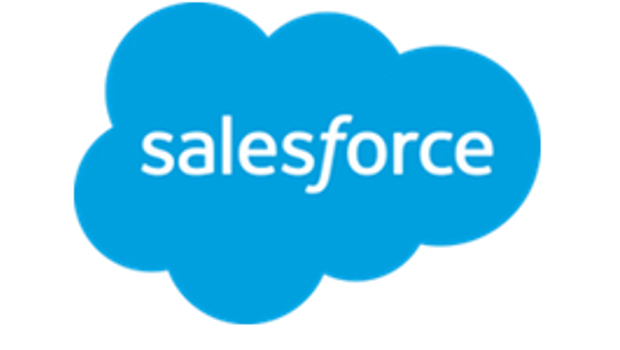With the Salesforce App Cloud rolling out, Salesforce is making its Heroku PaaS a better fit for businesses.
Described by Salesforce as the next generation of Salesforce 1 Platform, App Cloud will help customers build applications quickly. It includes the Heroku Enterprise cloud, the Force platform, the Lightning development platform, and Trailhead, which provides an interactive learning environment for app builders.
Heroku Enterprise includes a Private Spaces capability for businesses to run apps in a secure, private space with direct access to Salesforce trusted infrastructure and customers’ on-premise data from legacy systems. “[Users] don’t have to manage the complexity of trying to build your own private network and protect your app,” said Salesforce’s Jim Sinai, senior director of platform product marketing.
Heroku Enterprise features Regions, a capability for running applications within a local metropolitan area, including Dublin, Frankfurt, Singapore, Sidney, Tokyo, Virginia, and Oregon. Heroku Enterprise also has an integrated identity model for using the same log-in between Force and Heroku.
Analysts emphasised the links between Heroku and Force. “At heart [of this] is Salesforce integrating Heroku more deeply with their traditional model-driven application platform, Force.com,” analyst Al Hilwa of IDC said in an email.
Private Spaces provides a virtual private PaaS for isolating the Heroku runtime and adding network security controls around it, said Ovum analyst Laurent Lachal. “Alongside the new identity capabilities, it is part of the ‘App Cloud’ effort to connect Force.com and Heroku more tightly via connectivity and access control capabilities,” Lachal said in an email. Regions enables Heroku to catch up with Force.com in terms of geographical reach, he added. “It is a bit late, but better late than never.”
Salesforce has been looking to make Heroku more “enterprise-friendly,” Lachal said. “Under Salesforce’s influence, Heroku has expanded from its original audience of individual developers targeting the consumer market to enterprise developers creating enterprise applications,” he said.
With Lightning, Salesforce is offering a metadata-driven platform service for building applications by dragging and dropping prebuilt components. The Lightning Design System, meanwhile, offers a guide on building apps.
Hilwa sees Lightning benefiting mobile developers: “Mobile enterprise application development is hot right now, and platforms like Lightning, which provide a model-driven approach with metadata, [are] the right move for Salesforce for its platform customers who have been early users of mobile.”
Trailhead, meanwhile, guides app creators, including developers, business administrators, and users, through the building blocks of App Cloud services. The technology now is generally available. “Trailhead has been in [a] kind of beta state for a while,” Lachal said. “The announcement is not so much about it being GA [generally available] as it is about Salesforce indicating its willingness to promote it more aggressively.”
Paul Krill, IDG News Service






Subscribers 0
Fans 0
Followers 0
Followers